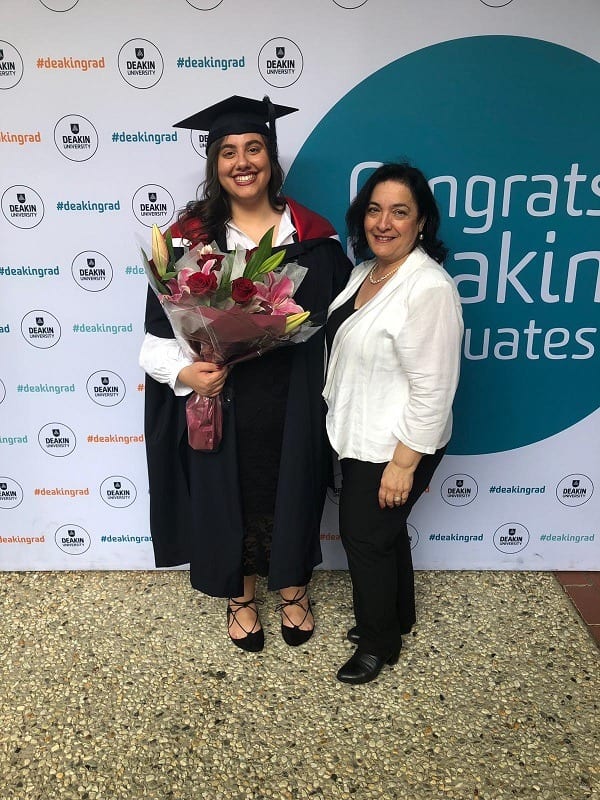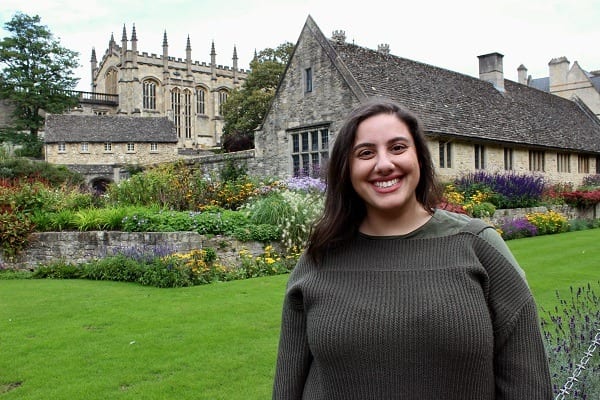This year, I am reflecting on what empowerment looks like to me and the kind of empowerment I was raised with. The women in my family have not been catalysts for mass social change, but significant change nevertheless. Like many of us, I grew up in an immigrant family in a culture where hyper gender biases are the norm. My mother, my grandmothers and my aunties come from a culture that projects very specific expectations of what it means to be a woman and a wife.
Over time, these expectations became the only thing they knew a woman should be and as an effect, their identities were formed around these expectations. As the angsty teenager I was, I wasn’t just annoyed at the men in my family for enacting these practices over the women, but I was also angry at the women in my life for simply accepting them.
However, as I reflect on the way my mother raised me, I see the grace and dignity of someone who slowly grew into herself over a period of time, when all she was expected to be was a subservient wife. From the culture she came from, the parents who raised her and the family she married into.
I can’t tell you exactly when the moment was when I noticed she was so much more than a complying wife. However, there were little moments that I was privy to that now make me realise that empowered women don’t have to be the loudest person in the room (although the loudest person in a room would probably be me, lets be honest). They can simply be the one who subtly pushes back on the only life they’ve ever known. The one who realises that they shouldn’t accept it for the simple notion that it is just ‘how things are done’.
One of these said moments came to me when I was fourteen years old and I realised that even though my mother, who had only ever worked in the same family business, (a milkbar, shout out to all the kids of immigrants who were forced to work in their parent’s business growing up), always had her own substantial stash of cash for emergencies. This money was hidden behind the alcohol cabinet in our fancy dining room that we never actually ate in, and had a creepy last supper painting where the gaze of twelve disciples followed you as you paced the room.
In that moment, she taught me the importance of financial independence and security. This isn’t to say my father would have been offended at the thought, nor prevented her from needing to feel that independence. In that moment though, my mother showed me that there was nothing wrong with making sure you can take care of yourself if you need to.
To most people, this must sound like such a simple thought, but when you have been raised in a culture and religion where all you’re told is that you and your husband are one – this isn’t an obvious thought, it’s an act of bravery. That day, and others like it, taught me that I underestimated my mother’s intelligence, willingness for independence and emotional strength.
Other small pockets of realization came in the form of watching my mother sit in lounge rooms filled with male relatives, calmly questioning and challenging their opinions on certain topics ranging from family drama, to politics in the Middle East. Her calm demeanour used to frustrate me, before I realised that that was her weapon of choice.
I now realise that the simple practice of pushing back or even interrupting a conversation she wasn’t invited into, was a revolutionary act on her part. My mother’s natural personality is quiet, yet steadfast. She showed me that you don’t have to change yourself to fight back.
Over time, when these naturally dominant men sit in those very lounge rooms, carrying on about the same or similar topics, they expect push back. They know there is someone there [a woman no less] holding them accountable for their words. And now, not only do they expect such objections, they willingly seek her advice and wisdom. This woman, my quiet, submissive mother, made herself the female life guru of Arab men.
Growing up and watching those small acts of change, empower me just as much as watching Cynthia Nixon narrate ‘Be a lady, they said’, or watching Nancy Pelosi tear apart Trump’s speech for the state of the union address.
Through my mother, I’ve learnt that empowerment doesn’t have to be the person leading the parade, it can also be the woman watching from her lounge room on TV. To me, empowerment is the subtle acts of fighting back against all you’ve ever known and been taught, no matter how small that push back is.

On International Women’s Day, I’m going to keep looking out for the subtle acts of empowerment. And continually be impressed by women, like my mother, who grew up in a culture that told them their role in society was passive, and see them quietly tear those walls down. My mother, Nouhad Obeid-Zeine, has empowered me to believe that I can be independent while still sharing a life with someone, and that humility, wisdom and intelligence will capture a room, no matter how much bias is staring back at you.
So … thank you mum, for never imposing the gender norms that our culture has so systemically ingrained in our society, onto me. Thank you for encouraging all of my strong and animated opinions, and letting me know that my loud and high energy personality was never ‘too much’.
And thank you for never telling me to ‘act like a lady.’
I’m proud to have her as my matriarch.


